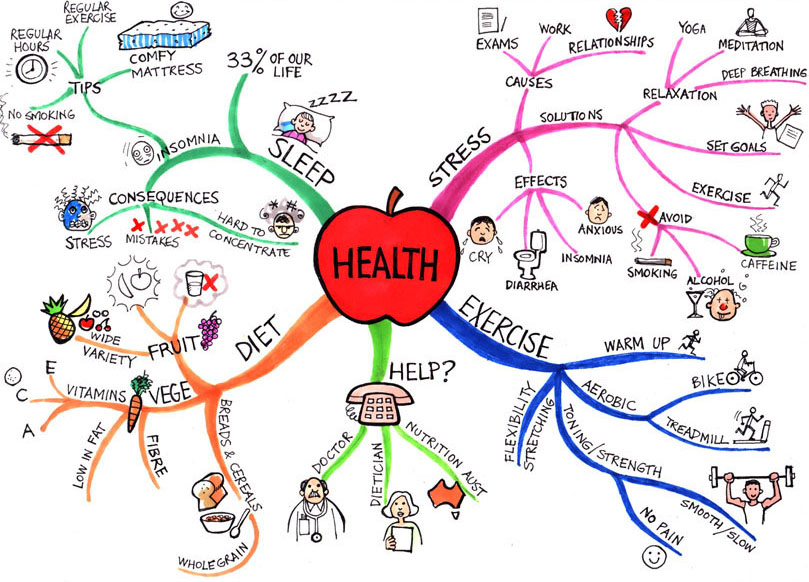In 1945, the world witnessed the deadly mushroom cloud of violence and gloom, that heralded the need for the foundation of an organisation to keep up peace processes around the globe. And so, on the historic date of 24th October, the UNO was set up. With this establishment, came the understanding of a growing need for a global health organisation and thus, the World Health Organisation was born on April 7th- a date we now celebrate as World Health Day.
Though there are many factors that play role in keeping one healthy, food safety easily tops the list of priorities. It is for this reason that the theme for this year’s World Health Day is : ‘From farm to plate, make food safe. ‘
The WHO aims at setting the centre stage of food safety driven by the background of astounding facts which estimate that unsafe food is linked to the death of 2 million people annually, many being children. Food containing bacteria, parasites, viruses and harmful chemicals is responsible for more than 200 diseases, ranging from the treatable diarrheas to the much challenging cancers. The campaign addresses a much awaited issue that sheds light on the premise that, as our food supply becomes increasingly globalised, the need to strengthen food safety systems in and between all countries becomes all the more crucial.
As the theme rightly suggests, food safety is a shared responsibility, right from farmers and manufacturers, to vendors and consumers. For a country like ours, with the second highest population in the world, this becomes a titanic task to organise and handle. It requires starting at the ground level by educating and spreading awareness of the five golden keys to safer food –
1. Keep clean
2. Separate raw from cooked food
3. Cook food thoroughly
4. Use safe water and raw materials
5. Keep food at safe temperatures
Most of us are unmindful of what our sumptuous meals comprise of, or where the ingredients even come from. Our streets are abuzz with the shouts of vendors, standing in the sun with their carts filled with tempting, colourful fruits-but how many of them are safe from pesticide residues or the carcinogenic artificial ripeners like Calcium Carbide, despite them being banned? ‘Eat your fruits and veggies,’ our mothers coax us, but nature doesn’t seem safe anymore.
However, all’s not as dark as it seems. The food safety and standard authority of India (FSSAI) created under the food safety and standard act, 2006 has been working tirelessly to ensure availability of safe and wholesome food to the Indian population. Under the slogan of ‘Surakshit aahar, swaasth ka aadhar’ ( Safe food – basis of good health), it has launched numerous campaigns, the latest stressing on the growth of the domestic food processing industry under the government’s ‘Make in India’ initiative while not compromising safety standards.
We Indians love our street food but safe and street food seldom go together. Realising this, the National Association of Street Vendors ( NASVI) organises programmes to train vendors on personal hygiene, food safety, cleanliness and preservation.
Many steps have been taken, with favourable outcomes, yet a lot is still left to be achieved and we’re all in this together. As responsible citizens, it is our duty to be vigilant and inquisitive, to ask questions about the food we pay for, check labels and practise appropriate hygiene. Accept nothing less than the best. Stay safe.
Prophet Muhammad (peace be upon him) said : “There are two gifts about which people are mostly dishonest: one is health and the other is leisure.” [Bukhari&Muslim]






